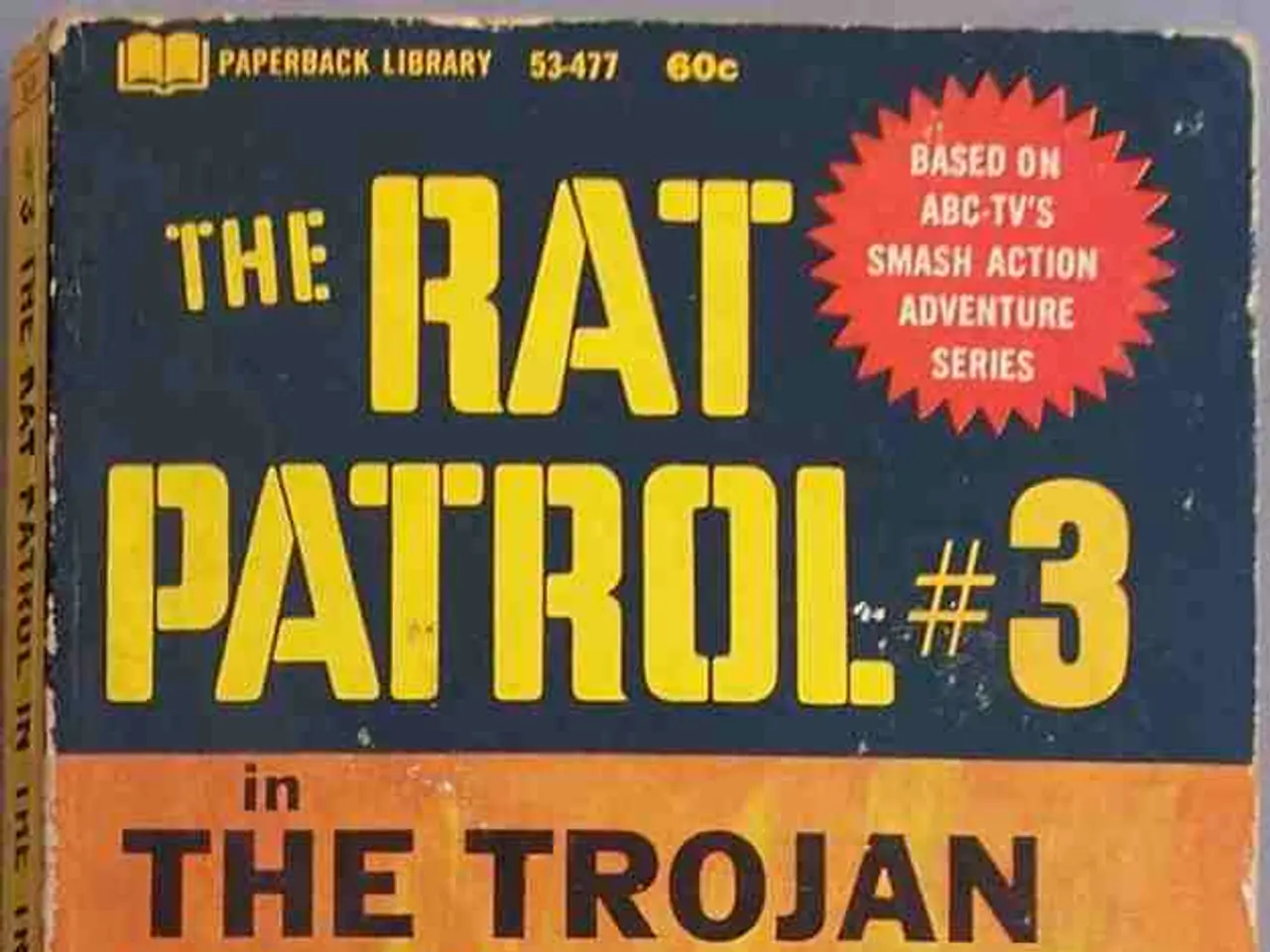Unveiled: How Donald Trump's Strategic Moves on Nuclear Safety, BLA Ban, and More Favored Asim Munir's Anti-India Policy Agenda in Pakistan
In a move that has raised eyebrows, the Trump administration has designated the Baloch Liberation Army (BLA) as a terrorist organisation. However, critics argue that this decision plays directly into Islamabad's narrative, while ignoring the legitimate grievances of the Baloch people.
This designation comes amidst a series of strategic, economic, and diplomatic concessions made by the United States to Pakistan. While explicit U.S.-Pakistan concessions are not fully detailed, recent events highlight the delicate nature of U.S.-Pakistan relations in a volatile region.
On the strategic front, tensions persist between Pakistan and Afghanistan, with clashes ongoing at their disputed border. Pakistan’s refusal to reopen the Torkham crossing since February 2025 has had economic repercussions, and the U.S. generally monitors this volatile dynamic.
Economically, the China–Pakistan Economic Corridor (CPEC), a $62 billion initiative involving China and Pakistan for infrastructure and energy projects, continues to progress strongly, which indirectly affects Pakistan’s economic position. The U.S. has been more active on trade with other countries, but not explicitly on economic trade concessions with Pakistan.
Diplomatically, Pakistan was elected to a significant committee in the World Intellectual Property Organization (WIPO) for the period up to 2027, signaling ongoing diplomatic engagement in multilateral forums.
However, concerns about these concessions or U.S.-Pakistan engagements include the persistent border conflict with Afghanistan, Pakistan’s strategic alignment with China, and broader concerns about Pakistan’s alleged harboring of militants and its complex security policies.
The visit by Pakistan's Chief of Army Staff, Field Marshal Asim Munir, resulted in a renewed U.S.-Pakistan defence cooperation framework, which includes military training programs, technology sharing, and equipment maintenance deals. Intelligence-sharing arrangements have been expanded under the pretext of "counterterrorism coordination," potentially giving Pakistan leverage to filter or manipulate intelligence flows.
The designation of the BLA as a terrorist organisation does not address the root causes of the conflict in Balochistan. Critics argue that this move could further escalate tensions between Pakistan and India. The visit is being criticized for America’s dangerous willingness to overlook hard truths for short-term geopolitical gains.
Moreover, the U.S. reportedly promised a softening of International Monetary Fund (IMF) conditionalities for Pakistan's next loan tranche, potentially rewarding financial mismanagement and encouraging dependency on external bailouts. The visit saw the U.S. stepping back from pressing Pakistan on human rights violations, specifically the military's crackdown on political opponents and its stifling of dissent in Balochistan, Sindh, and Khyber Pakhtunkhwa.
For India, the outcomes of the visit are nothing short of a warning. Pakistan has walked away with strategic, economic, and diplomatic wins without conceding anything on terrorism, nuclear sabre-rattling, or regional stability. The visit has reinforced Pakistan’s anti-India agenda, potentially exacerbating regional instability.
In conclusion, while the U.S. continues its pattern of trading long-term security for short-term geopolitical gains, the concessions made to Pakistan have sparked controversy and raised concerns about regional stability and Pakistan's security policies.
- The designation of the Baloch Liberation Army (BLA) as a terrorist organization by the Trump administration, amidst strategic, economic, and diplomatic concessions to Pakistan, could potentially escalate technology-based war-and-conflicts between Pakistan and India, as both nations may resort to advanced means of warfare.
- As the United States focuses on trade with other countries, politics play a crucial role in U.S.-Pakistan engagements, with recent strategic, economic, and diplomatic concessions being made to Pakistan potentially ignoring general-news issues such as human rights violations in Balochistan, Sindh, and Khyber Pakhtunkhwa.






